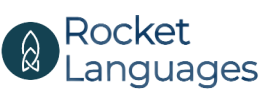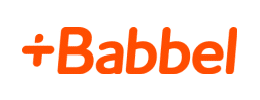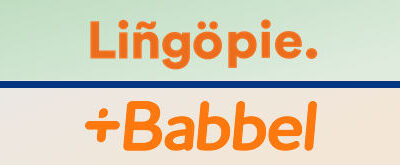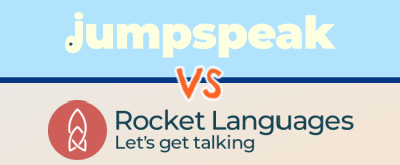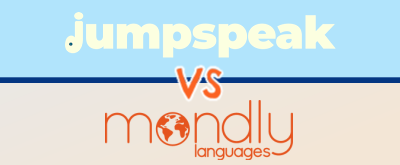When people start researching the best app or program to help them learn a new language, Babbel and Rocket Languages are typically near the top of the list. However, despite their superficial similarities, the two language programs actually differ in several important ways. In this article, we highlight those differences so you can quickly figure out which language learning program is the right fit for your needs.
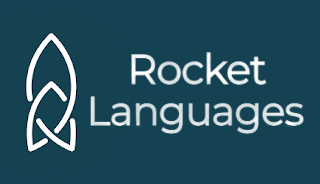
Sale: 60% OFF
Use Code: INSIGHT60
|
$180 lifetime |
Our favorite app by far to learn a new language. With audio lessons, detailed grammar instruction, and diverse exercises, Rocket Languages has it all. |
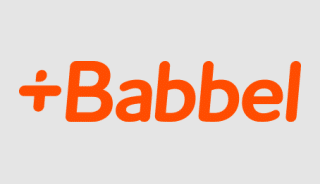
Sale: 55% OFF
Applied in Cart
|
$8-$15/mo |
Our top choice for language beginners and budget shoppers. The perfect app to start out, with fast-moving lessons and foundational content. |
Video: Which Language App Is Better?
In the video above, Bianca from the Guide2Fluency team compares the language learning apps from Rocket and Babbel.
Editor’s Choice
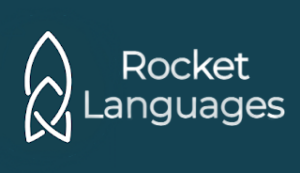
Rocket Languages
- Free Trial
- Money Back Guarantee
Pros
- Program is more comprehensive overall than Babbel’s
- In-depth and interactive audio lessons feature native speakers
- Large discounts offered regularly (as much as 60% off)
- Dedicated lessons for grammar instruction
- Accurate speech recognition technology that utilizes Google’s web speech API
Cons
- Lessons are lengthy (45 minutes to an hour)
- No monthly subscription plans (only lifetime packages)
How Each Language Program Works
Before diving into the pros and cons of each app, I want to break down in detail how each language program works. This will help to provide some context.
Rocket Lessons
The Rocket Languages program is primarily built around audio lessons. To kick off each unit, you listen to an audio lesson, which is about a half-hour long.
In this lesson, an English-speaking moderator will guide you through a conversation in the language you’re learning step-by-step. You’ll listen to a sentence or two (or sometimes even just a phrase), and then the moderator will briefly stop to explain what’s going on, what you just heard, and have you engage in the conversation by answering questions and repeating phrases.
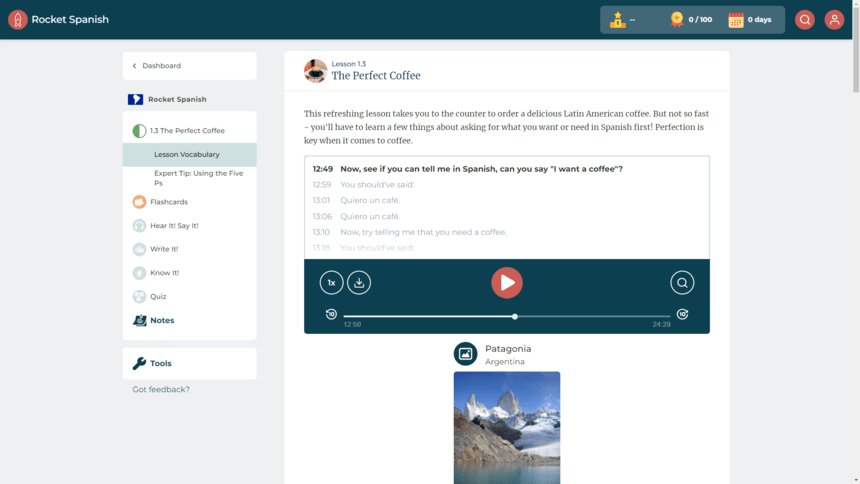
While you listen to the audio exercise, a rolling transcript plays underneath the audio controls where you can keep up and see how new words are spelled. Then following the audio lesson, you review and reinforce what you just learned through a variety of drills and exercises.
In this respect, it is kind of like a live class followed by homework. These reinforcement drills include listen and repeat-style drills, flashcards, quizzes, and my personal favorite, the chance to reenact the underlying conversation from the audio lesson by playing the part of one of the two speakers.
However, I need to note at this point that the audio lessons and reinforcement drills are just the main portion of the Rocket program, regardless of whether you are learning Italian or French, for example.
The other half of the lessons in each module are Language & Culture Lessons. In these lessons, Rocket dives deep into a specific grammar principle, which they break down with short explanations, examples and graphics.
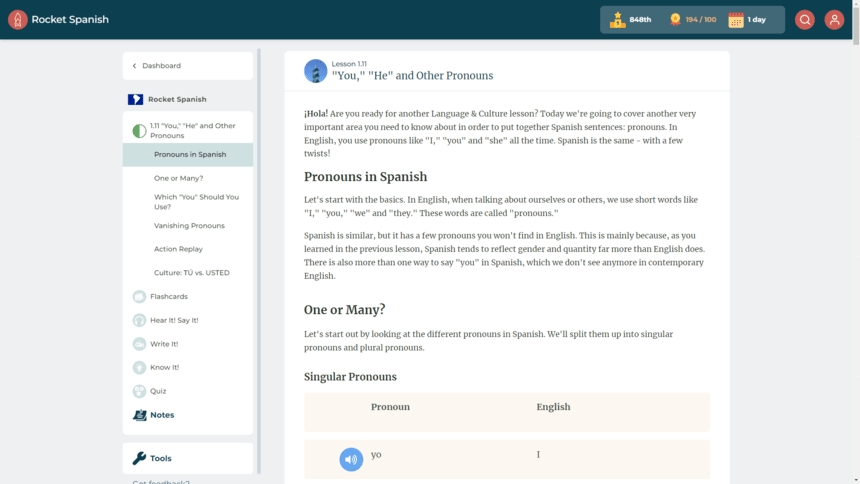
The point of these shorter lessons is to explain the structural differences between English and the language you’re learning. Plus, Rocket also tosses in some important cultural tidbits along the way in these lessons, which is really nice.
That is more or less how Rocket Languages’ platform works. There are audio lessons, backstopped by reinforcement drills, with detailed Language & Culture Lessons to follow.
Babbel Lessons
Shifting over to Babbel, they take a fairly different approach. With Babbel, assuming you have no working knowledge of the language you’re learning, you’ll start in the newcomer level, and aim to complete one lesson per day.
This is a little different from Rocket because of lesson length. Whereas the Rocket lessons are about an hour long from end-to-end (making it somewhat hard to finish a whole lesson in one day), the Babbel lessons are pretty short in length (like the lessons from Duolingo).
They generally take about 15 minutes to finish. They go by pretty fast and are much more manageable than doing an entire Rocket lesson from end-to-end.
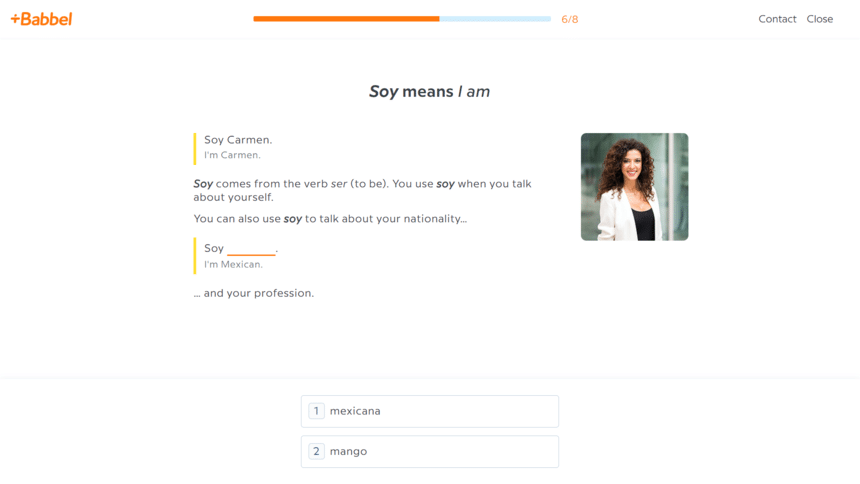
The Babbel lessons are shorter because the format is much different. Each lesson is comprised of a series of several quick-hit, hands-on exercises.
There are listen-and-repeat exercises, digital flashcards, fill-in-the-blanks, matching pairs, matching phrases to images, completing mock conversations, short instructional tips on grammar, and a few more.
From a format perspective, it’s a very diverse approach to learning that moves fast. Babbel basically presents the same content for a lesson in a variety of ways and forces you to engage with the material.
Plus, before each lesson, there’s a daily review session where you get spaced repetition and review of vocab you’ve already learned in past lessons.
Summary
That is how the two companies generally compare. The big takeaway here is that the Rocket lessons take around an hour to complete from start to finish, and place a very strong emphasis on developing your listening and speaking skills with their audio lessons, while the Babbel lessons are much shorter and more diverse in their delivery, with active, hands-on exercises.
Cost Comparison
Before discussing the strengths and weaknesses of each app, let’s quickly cover cost.
Babbel uses a pretty classic subscription model which is fairly affordable. They offer three different subscription options:
- 3-month plan = $12/mo
- 6-month plan = $9/mo
- 12-month plan = $6/mo
In addition, for those looking to learn two or three languages, or perhaps knowing you want long term access, Babbel also offers a one-time purchase, lifetime plan. That costs around $300 and includes access to all Babbel languages.
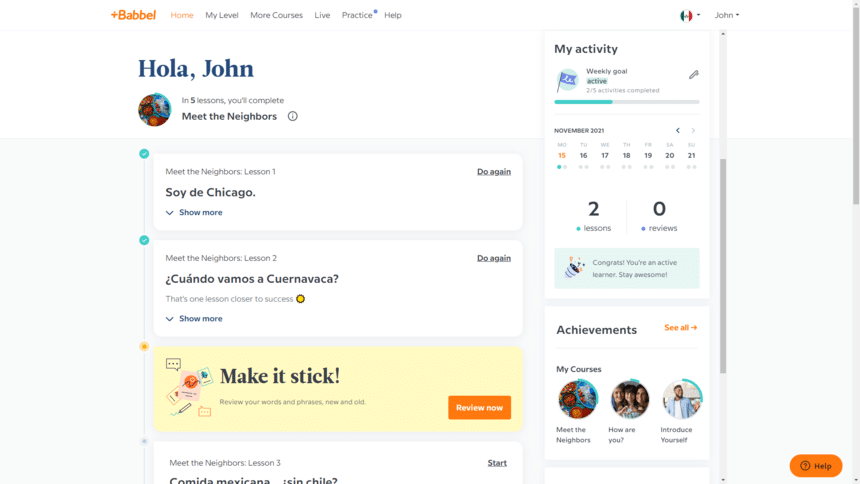
Rocket Languages doesn’t do the subscription model. They only offer one-time purchase, lifetime plans. Essentially, you buy it and get access forever.
These packages range from $150 to $450, depending on how many levels you want to purchase. As such, it’s a fairly different model, and because of this, Babbel is obviously cheaper.
You’re looking at an average of $9 per month with Babbel vs a couple hundred dollars for a one-time buy with Rocket.
That being said, I would just note that those prices for Rocket Languages are a little misleading as they are just the MSRPs. In reality, Rocket Languages is almost always running some sort of deal or special promotion with steep discounts and you can expect to save at least 50% on Rocket packages. Plus, even Babbel is pretty aggressive with their discounting too, so make sure to check for coupons and links.
Reasons To Choose Rocket Languages
Now that we’ve covered pricing and laid out how each program works, let’s get into the major pros and cons of Rocket Languages and Babbel, as well as how they directly compare. Let’s start with Rocket Languages.
Audio Lessons With Fluent Speakers
The first clear highlight for Rocket Languages is their audio lessons. As noted, these audio lessons are the backbone of this program, and what makes Rocket different from most other language apps.
In my opinion, these audio lessons are incredibly engaging and do a great job of getting you to actually think under pressure and verbalize what you’re learning.
One thing you’ll notice with a lot of other language apps, including Babbel, is that they don’t have large doses of listening or speaking exercises. In other words, there are no audio lessons.
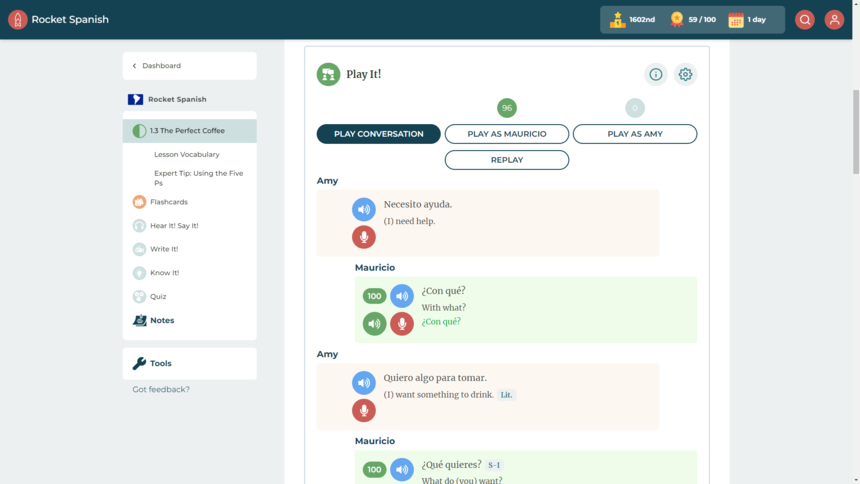
However, audio lessons literally make up three-quarters of the Rocket program content. To me, this verbalization is about the most powerful way of truly internalizing a new language and becoming comfortable with it.
You just have to hear a lot of your target language. Plus, one of the coolest parts of the Rocket audio lessons is that when you’re done, you can then play the underlying conversation that the lesson is built around in real time and play the part of one of the two actors. Bottom line, they’re really effective.
Pronunciation Feedback
Another major highlight for Rocket is their speech recognition software. Between Rocket and Babbel, I much prefer Rocket’s speech tech.
Babbel’s software is good, but it’s just fairly basic. It will tell you when you really butcher a phrase and make you repeat it, but for the most part, it’s not super sensitive. It mostly just says things like “you made that sound easy” or “you’re a pronunciation pro”.
It’s just not the most helpful feedback in the world. In contrast, Rocket’s software is more sensitive, more accurate, and gives better feedback.
This is largely because Rocket uses Google’s web speech API for their underlying software, which is really strong. It gives you a grade from 1 to 100 and will have you repeat phrases when you can’t hit a certain grade. Thus, if pronunciation feedback is important to you, definitely consider Rocket Languages.
Comprehensive Curriculum
The final strength of the Rocket program is the comprehensiveness of the coursework.
When you’re in each program doing lessons day in and day out, you can just tell the Rocket curriculum and setup is more robust.
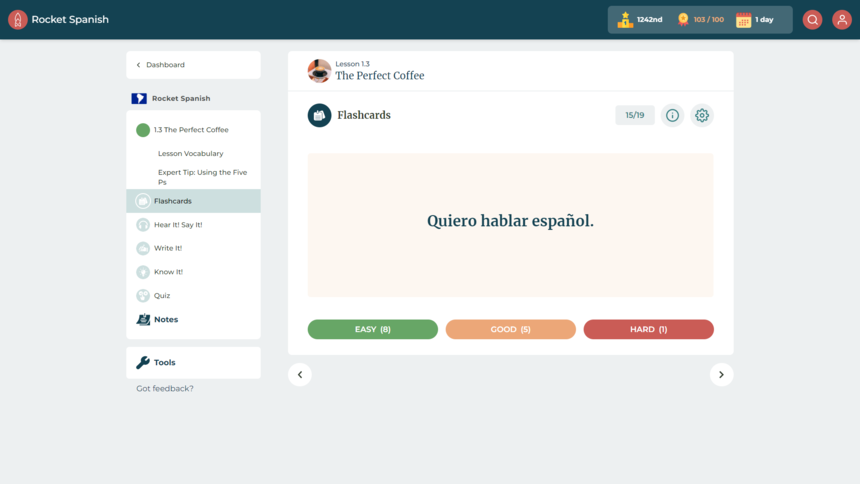
There are detailed audio lessons, a nice variety of post-audio drills (like flashcards and quizzes), Language & Culture Lessons, and bonus tools, such as language survival kits and leaderboards.
I don’t mean to knock Babbel here, as I really like their lessons and they have some strong extras themselves (like podcasts and games), but it’s just clear that the Rocket program is deeper and more immersive.
It feels more like a full academic program whereas Babbel is more like a fun learning tool, if that makes sense. Rocket is just an incredibly comprehensive program.
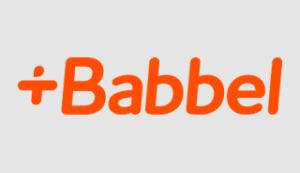
Babbel
- Multiple Subscription Options
- Money Back Guarantee
Pros
- Short, engaging lesson format (15 minutes per lesson)
- Regular review sessions help with vocabulary retention
- More affordable than Rocket (as low as $6/mo after discounts)
- Grammar instruction integrated into curriculum
- Live classes available (though they do cost extra)
Cons
- Lessons could use more conversational practice
- Not ideal for advanced learners
Reasons To Choose Babbel
Now that we’ve discussed where Rocket’s program wins over Babbel, let’s get to my pros for choosing Babbel to learn a new language.
Variety of Practice Exercises
The thing I like most about Babbel’s program is the variety of drills and exercises. Rocket uses a nice little mix of exercises after each audio lesson, but it’s always the same four or five.
In contrast, the Babbel lessons have a ton of variety in them, which keeps things more balanced and engaging. Again, there are listen-and-repeat exercises, digital flashcards, fill-in-the-blanks, matching pairs, matching phrases to images, mock conversations, short instructional tips on grammar, and some others.
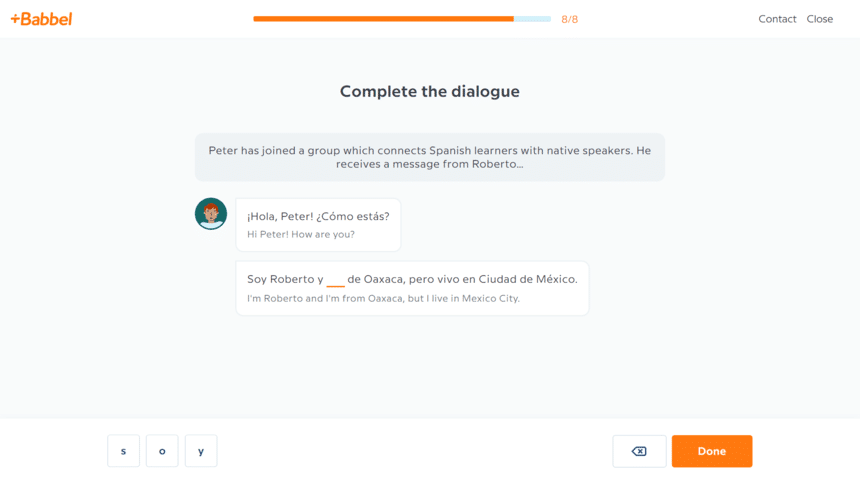
To me, the diversity in the Babbel drills is great for keeping you engaged during lessons.
Shorter Lesson Format
Piggybacking off my first point about lesson engagement, I also really like that Babbel’s lessons are shorter.
To complete a full Rocket lesson (audio exercise plus the reinforcement drills) you’re looking at around a full hour. Of course, you can always pause a lesson part way through and come back later if you want, but I do prefer the short length of Babbel’s lessons.
They’re great for squeezing a lesson in on your lunch break, after dinner, or while on the 🚽. They just don’t feel as taxing and are more bite-sized.
Review Sessions
The final highlight of the Babbel program is their daily review sessions. Every day when you log in to the Babbel app, you’re prompted to do a short review.
Basically, Babbel takes vocabulary from old lessons that you’ve completed and pulls it back in for a spaced review session. That way, over the course of the program, you’ll see every word or phrase you learn at least a half dozen or more times over several months.
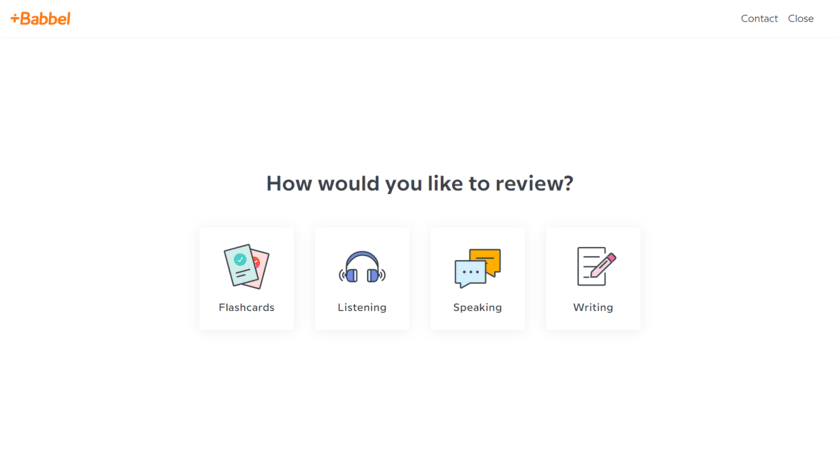
Plus, you can choose how you want to review: flashcards, listening, speaking, or writing. Listening is my personal favorite because you get some of those auditory benefits I noted above, but I do like that they give you optionality.
For reference, Rocket doesn’t have a formal vocab review system, so this is a nice advantage for Babbel. It’s a great way for getting you to remember and internalize new words and phrases.
Verdict: Babbel or Rocket Languages?
It is really hard to pick just one app between Babbel and Rocket Languages, mainly because they’re so different and I like them both for what they are.
I really like Rocket for their interactive audio lessons, supplemental drills, detailed grammar instruction in their Language & Culture Lessons, and their speech recognition software. However, I also like Babbel for their short, engaging lessons, spaced vocab reviews, and smart use of layered grammar. And they have fun little extras.
Both programs have way more pros than cons going for them, and I think they’re both effective. That’s why I think it really comes down to personal preference and situation as to which is best. If you need shorter lessons because of a busy schedule or you’re sort of ADD, then go with Babbel. Their program is awesome for those needing shorter lessons.
If, however, you have more time and the patience for Rocket’s audio lessons, they are incredibly powerful and I think they will get you to fluency faster than just about any other tool.
At the end of the day though, my ultimate advice would be to use both if you have the time and budget. When I’ve combined these two programs, it seems to work pretty nicely because they complement each other really well. If you can do a couple full Rocket lessons per week, then fill in the smaller gaps in your day with Babbel, that is a great combo.
Lesson length and format are the biggest differences between Rocket Languages and Babbel. The lessons from Rocket Languages are longer and centered around interactive audio lessons with fluent speakers, whereas the Babbel lessons are shorter and include more variety in terms of drills and exercises.
After using and testing out each language program, our team believes that Rocket Languages offers the more complete and effective language courses from top to bottom. Not only do the Rocket courses include detailed audio lessons with fluent speakers, but they also offer dedicated grammar lessons.
Yes, Babbel is more affordable than Rocket Languages. They offer monthly subscription plans as low as $6 per month (after discounts), whereas Rocket Languages only offers lifetime packages.

